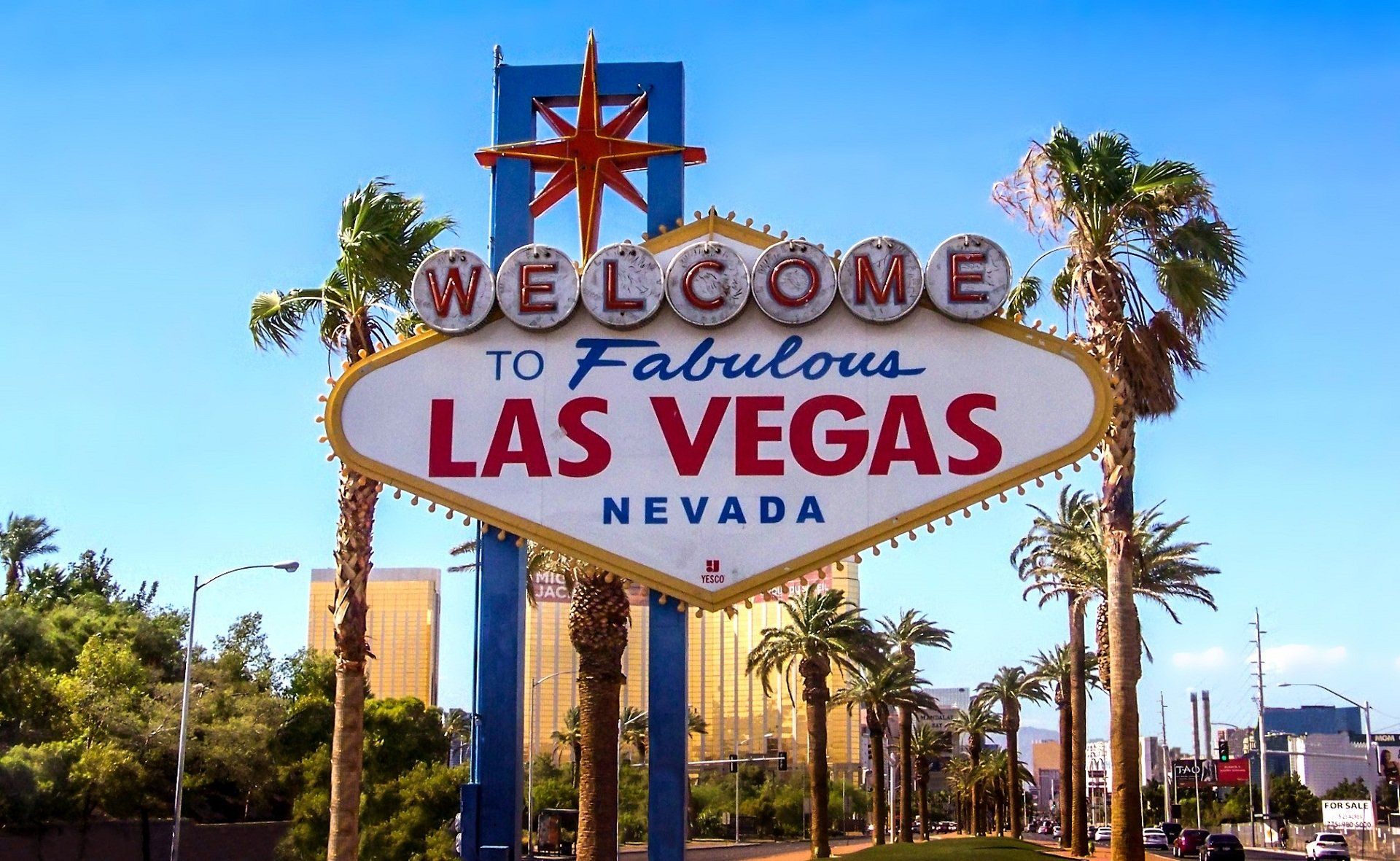Geral Blanchard, LPC, is a psychotherapist who is university trained in psychology and anthropology. Formerly of Wyoming and currently residing in Iowa, Geral travels the world in search of ancient secrets that can augment the art and science of healing. From Western neuroscience to Amazonian shamanism, he has developed an understanding of how to combine old and new healing strategies to optimize recovery, whether from psychological or physical maladies.
Against Happiness
My spirits were lifted when I came across the book, Against Happiness, by a professor of English at Wake Forest University, Eric Wilson.
This is an examination on how we, as individuals and as a culture, relentlessly chase happiness – what Buddhists would call a desire problem, an attachment, or an addiction. We have a lopsided view of positive moods when matched against sadness.
Wilson points out that happiness gives blues a bad name by suggesting it is an aberrant mental state. Having this presumed need for eternal bliss appears to entertain a craven disregard for the value of sadness. Hellbent only for happiness, as a country we have become afraid of sadness. Our American dream may be a nightmare, Wilson argues. What passes for bliss might well be a dystopia of lifeless and sagging grins. Has he lost you yet?
Upon closer examination, some of what repeatedly drives people to Disneyworld, then Vegas, and on to the shopping mall is a distraction from an uncertain and scary life – wanting control and pacification in an uncontrollable world. Wilson calls this avoidance “flights into shininess” and he concludes, “the road to hell is paved with happy plans.” To strive for happiness all the time is to repress the inevitable sadness that life brings, the natural rhythms – the ups and downs, polarities, and contrariness of the world that we have divorced ourselves from. Some of that angst and fear may also be the residue of unaddressed childhood adversity.
Wilson asserts that “The greatest tragedy is to live life without tragedy.” That isn’t living one’s life, is it? Sooner or later we all have traumas, sometimes more than one a year. The resultant melancholy holds the potential to connect us to our core being, if only we allow it. We must search for insights during the dark nights of the soul, as Carl Jung suggested, concluding that depression and profound insights are intimately connected. Significant gloom can generate rapid light. And when we experience a breakdown, a breakthrough may be close behind. Jung learned this after his breakup with Freud and his mother’s death. He fell into “a state of disorientation,” for years like being “totally suspended in mid-air.” He acknowledged his neurosis, nervousness, agitation, and unease were essential to the reshaping of a different identity – a more satisfying and authentic one.
Neurosis is energy. Neurosis is hidden knowledge, the catalyst for a special kind of genius as Marsilio Ficino, an Italian priest contended in the 15th century. And much like trauma, psychological pain is often the catalyst to try on something dramatically different that lands us in a happier state of mind. Jung knew that his emotional illness, even the transient psychosis he supposedly was diagnosed with, were far from being singular illnesses.
There are those of us who get stuck in
suffering consciousness and live a life of isolation, dejection, depression, and despair. “These sad types – those black-clad poseurs who identify only with darkness – choose sullenness as one picks a religion or a haircut,” Wilson wrote. They stick with it despite getting the same discouraging results month after month, year after year. Or, until a lightbulb turns on during a momentary respite, like during an MDMA treatment when they get some new lenses to gaze through. It is then realized that by condemning and chasing away their demons (secret instructors), the angels have been swept along with them.
Some people, while justifiably hating the dark nights of the soul, bravely grapple during those times trying to find some new meaning in all the crap. When folks do so, they become “meaning makers” as I wrote about in Transcending Trauma.
Wilson would call them “melancholy innovators.” A few examples: Martin Luther, Martin Luther king, Jr., Florence Nightingale, Marcel Proust, John Lennon, Michelangelo, Abraham Lincoln, Jim Carrey, and Beethoven. All of them eventually, after a lot of mud wrestling, came to an understanding of the secret marriage of sorrow and joy. They heeded the call to interior depths out of which new insights bubbled to the surface. And a beautiful lotus arose from the mud. They experienced moments of fertility once the sun shined again, in part because of their wrestling (doing), not just by perseverative thinking. They merged with life’s natural cycles, the rhythms of the cosmos.
If right at this moment you are feeling chronic depression and periods of panic, know you might be included in this fascinating litany of inspirational people. Like them you may finally understand that frowning clutches flourishing. Wilson again: “The true path to ecstatic joy is through acute melancholia.” Melancholy, if we are courageously open to its teachings, guides us to transformation. This is “necessary melancholia.” No more Prozac-ing of our brains. Embrace it, as best you can. It often leads to a wellspring of creativity…even joy. If you don’t believe it, just ask around.
**********
“The richest moments in life are these junctures where we realize, [deep] in our sinews, what is true all the time: the cosmos is a dance of joggled opposites, a jolted waltz.”
- Eric Wilson in
Against Happiness
*********
Other Topics
Basics of MDMA
Rituals and Ceremony
Brain and MDMA
Trauma
Heart
Energy Movement
Quantum Physics
Native Cosmologies
Nature
Spirituality/Enlightenment
Kogi Tribe
Books written by Geral T. Blanchard
More Articles



















